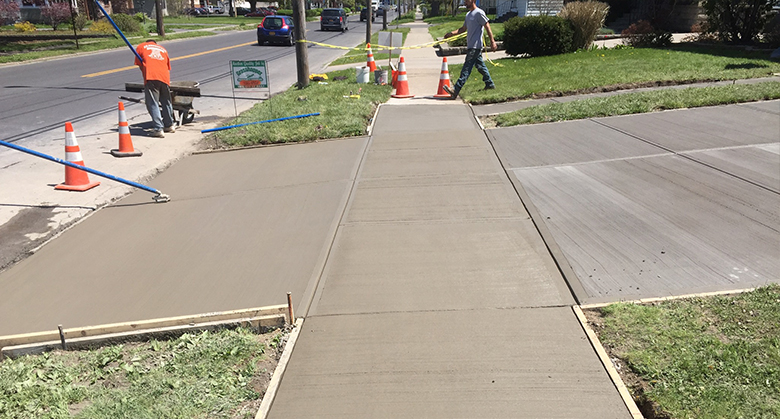Buying a new or used car is typically an exciting experience, but discovering significant defects shortly after purchase can turn that excitement into frustration. Fortunately, consumers have legal protections under what are commonly known as “lemon laws.” These laws vary by state but generally provide recourse if a vehicle fails to meet certain standards of quality and performance. In San Diego, Premier Legal Center, APC, specializes in helping consumers navigate these complexities, ensuring their rights are protected.
Understanding Lemon Laws
Lemon laws are state statutes designed to protect consumers who have purchased defective vehicles. These laws vary, but they generally require manufacturers to either replace the defective vehicle or refund the purchase price if certain conditions are met. In California, these laws cover both new and used vehicles, provided they are sold with a warranty.
Qualifying Conditions
To qualify under California’s lemon law, commonly referred to as the Song-Beverly Consumer Warranty Act, several conditions must typically be met:
- Repetitive Issues: The vehicle has a substantial defect that impairs its use, value, or safety.
- Warranty Coverage: The defect must have occurred during the warranty period.
- Repair Attempts: The manufacturer or its authorized dealer has made a reasonable number of attempts to repair the defect.
For used cars, additional criteria may apply, such as the defect occurring within a specific time frame or mileage limit after purchase.
Steps to Take if Your Car Qualifies
If your car meets the criteria under the lemon law, taking the following steps can help protect your rights:
- Keep Records: Maintain detailed records of all repair attempts, invoices, and correspondence with the manufacturer or dealer.
- Notify the Manufacturer: Inform the manufacturer in writing about the defect and your intention to pursue your rights under the lemon law.
- Consult with an Attorney: Consider consulting with a lemon law attorney in San Diego who specializes in handling such cases. Premier Legal Center, APC, has extensive experience in this area and can provide crucial guidance.
Documentation and Evidence
Documentation is crucial when dealing with lemon law claims. This includes:
- Repair Orders: Keep copies of all repair orders showing the nature of the defect and the attempts made to repair it.
- Correspondence: Save any written communication with the manufacturer or dealer regarding the defect.
- Vehicle History: Document the vehicle’s history, including purchase agreements and any warranties provided.
Having thorough documentation strengthens your case and provides evidence of the defect and the manufacturer’s attempts to repair it.
Negotiating with the Manufacturer
Once you’ve gathered sufficient evidence and notified the manufacturer, negotiations may begin. Manufacturers often prefer to settle lemon law claims rather than face litigation, especially if the evidence is clear and well-documented. A skilled lemon law attorney for used cars in San Diego can negotiate on your behalf to secure the best possible outcome.
Legal Recourse and Rights
If negotiations fail to resolve the issue satisfactorily, legal recourse may be necessary. A lemon law attorney, such as those at Premier Legal Center, APC, can file a lawsuit against the manufacturer to seek a replacement vehicle, a refund of the purchase price, or other appropriate relief under the law.
Conclusion
Navigating the complexities of lemon law claims requires expertise and attention to detail. Premier Legal Center, APC, offers a free initial consultation to evaluate your case and discuss your options under California’s lemon law. If you believe your vehicle may qualify as a lemon, contact us today at 619-235-0137 to schedule your consultation. Our experienced team is dedicated to protecting your rights and achieving a favorable resolution for your case. Trust Premier Legal Center, APC, to advocate for you in your lemon law dispute in San Diego.



